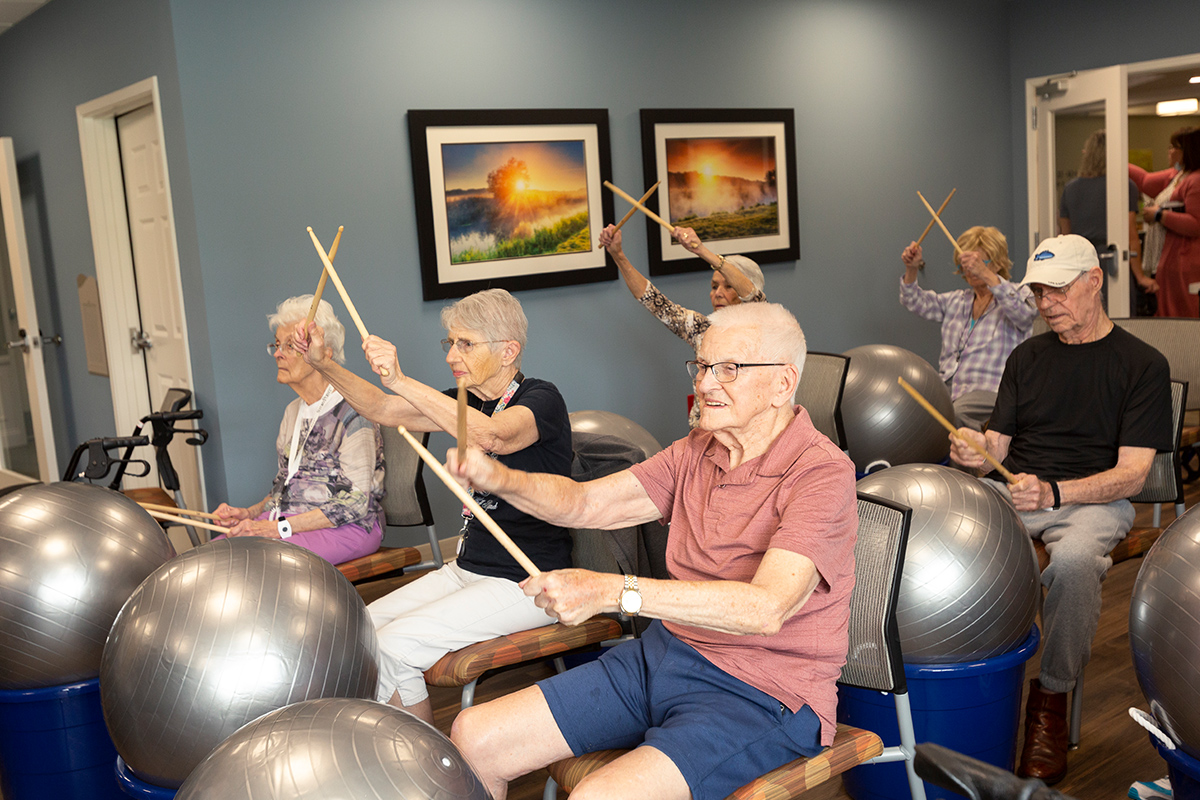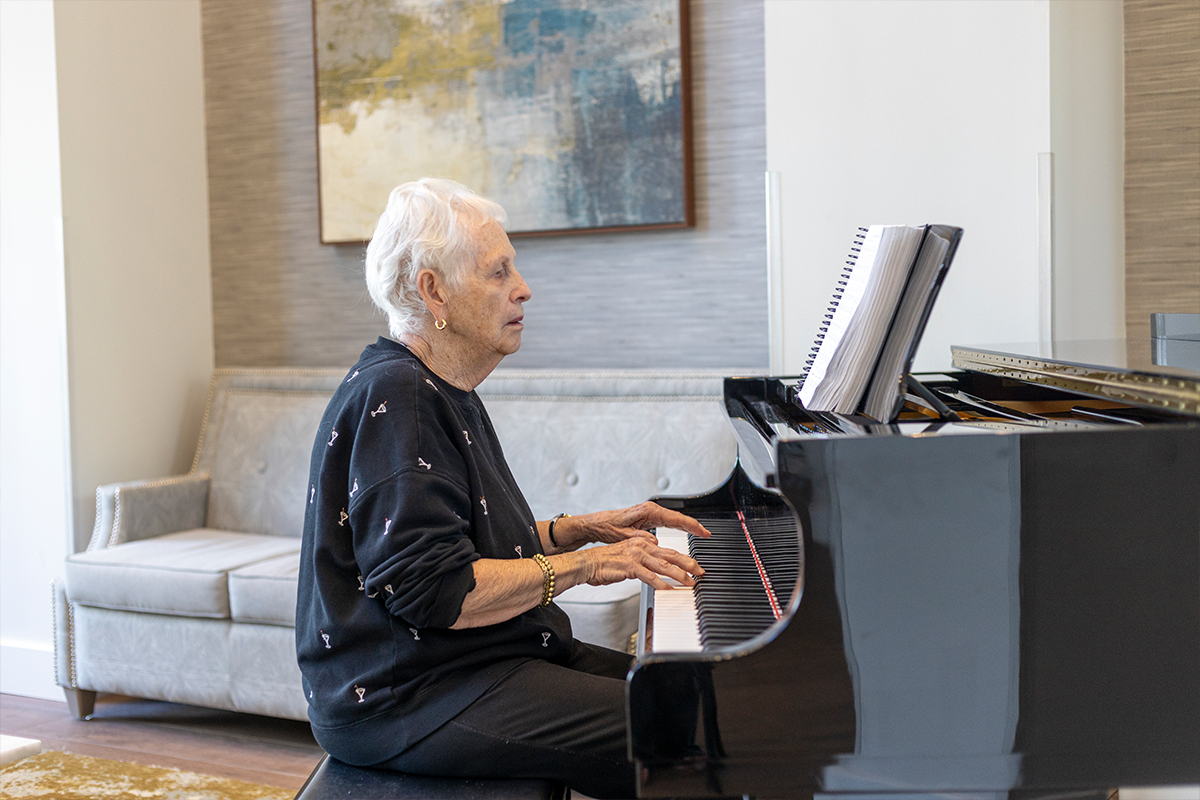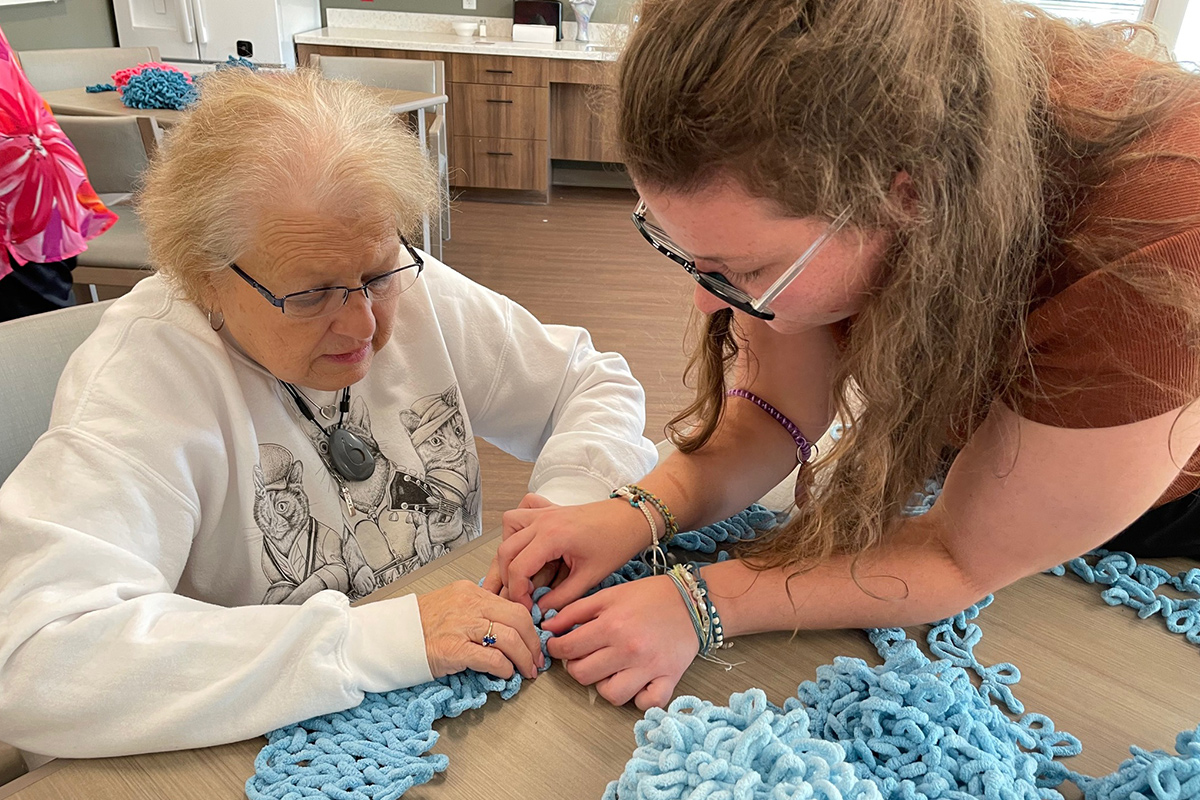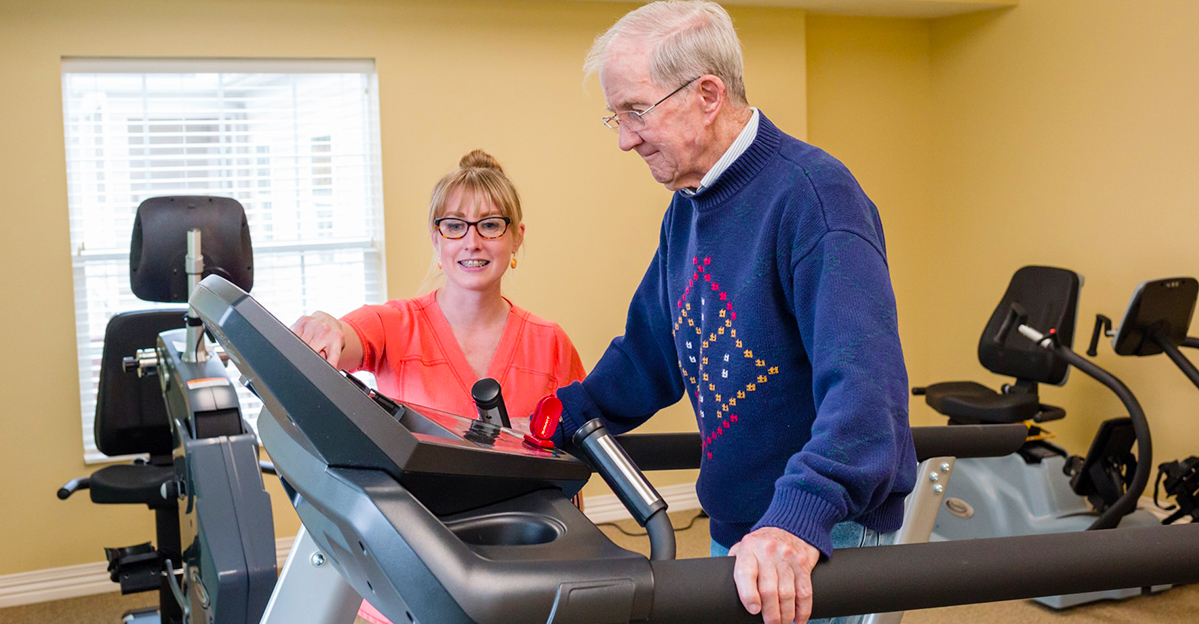Recovering from surgery can take time — anywhere from a few weeks to several months, depending on the type of surgery. During this time, it’s important to take good care of yourself and follow your doctor’s advice to support your healing. Because many surgeries may require you to limit your movement, you may find yourself with plenty of free time.
While you may have some restrictions on what you can and can’t do, there are still many enjoyable ways to pass the time. In this blog, we’ll share 50 things to do while recovering from surgery.
The Importance of Self-Care After Surgery
How you care for yourself can significantly influence your recovery journey. While it’s normal to feel bored or a bit isolated during this time, it’s important to follow your doctor’s instructions and take your medications as prescribed. Here are some key benefits of self-care:
- Supports Physical Healing: Studies suggest that physical wellness can be beneficial for recovery. Prioritize getting enough rest, avoid engaging in strenuous physical activities (especially if they involve the affected area), and follow your doctor’s recommendations.
- Boosts Mental and Emotional Well-Being: Emotional health is just as important as physical healing, whether you’re recovering from surgery or any other procedure. Staying connected with loved ones, engaging in gentle activities (with your doctor’s approval), and keeping your mind active with enjoyable tasks can improve your mood and help you feel supported during your recovery.
- Promotes Better Sleep and Rest: Rest is crucial for healing. Whether you’re recovering from hip surgery, knee surgery, or another procedure, getting good quality sleep will help your body repair itself.
- Better Overall Mood: Recovery can feel like a long road, but keeping a positive mindset is important. Celebrating small wins every day, whether it’s accomplishing a new activity or simply feeling a bit better, can help keep your spirits high throughout your healing journey.
Doing gentle activities can help pass the time, keep your mind and body engaged, and even speed up recovery. Here are a few types of things to do when recovering from surgery that are perfect for most seniors:

Light Physical Activity
Light physical activity can help maintain circulation, prevent stiffness, and reduce the risk of complications. Doing gentle exercises for seniors may also help boost energy levels and improve mood. While it’s important to add some light movement to your routine, it’s generally a good idea to get your doctor’s approval before trying a new exercise.
Activities to Try:
- Gentle stretching or yoga
- Walking around the house or yard
- Chair exercises (seated leg lifts, seated marches)
- Slow, mindful movements like Tai Chi
- Hand stretches to improve circulation
- Swimming or water aerobics (if your doctor approves)
- Using resistance bands for light strength training
Mental Stimulation
As your body rests during the recovery period, it’s important to keep your mind active and healthy. These activities are not only enjoyable, but can also bring a wide range of benefits for your overall well-being!
Activities to Try:
- Solving crossword or Sudoku puzzles
- Reading books or listening to audiobooks
- Playing brain-healthy games, like Lumosity, on a tablet or phone
- Writing in a journal or keeping a recovery diary
- Learning a new skill or hobby online, like knitting or pottery
- Watching educational videos or documentaries
- Writing letters or emails to friends and family
- Trying new online courses or workshops
- Learning a language through apps like Duolingo

Entertainment
Entertainment is a wonderful way to relax and boost your mood during recovery. Whether you’re watching a favorite TV show, listening to music, or reading a great book, enjoying things to do while recovering from surgery can help pass the time and lift your spirits as you heal.
Activities to Try:
- Watching a TV series or movie
- Listening to music or podcasts
- Virtual tours of museums, galleries, or historic sites
- Watching stand-up comedy or funny YouTube videos
- Listening to calming instrumental music
- Attending online theater performances or concerts
- Enjoying a nature documentary
- Reading magazines or newspapers
- Playing video games
- Listening to an audiobook or novel podcasts
Social Activities
Staying connected with friends and family is essential for emotional well-being during recovery. If you can’t visit loved ones in person, there are many ways for seniors to stay connected through technology.
Activities to Try:
- Video calls with family or friends
- Sending and receiving letters or cards
- Joining an online support group
- Virtual coffee dates with friends
- Hosting a virtual game night or trivia night
- Social media updates to stay connected with loved ones

Creative Expression
Engaging in creative activities during recovery, whether through art, music, or writing, can have numerous benefits for seniors, including reduced stress and improved mood.
Activities to Try:
- Drawing, painting, or coloring
- Playing a musical instrument or singing
- Writing poetry or stories
- Crafting with beads, fabric, or yarn
- Journaling about your feelings or experiences
- Creating handmade greeting cards
- Knitting or crocheting blankets or scarves
- Trying pottery or clay modeling
Nature and Outdoors
Spending time outside is a great way to rejuvenate the mind and body during recovery. Enjoying some fresh air and sunlight, as well as observing nature can help you relax, reduce stress, and even promote healing. Being outdoors also provides a perfect environment for gentle physical activities that can help support the recovery process.
Activities to Try:
- Bird watching or simply enjoying the outdoors
- Gardening
- Listening to nature sounds while sitting outside
- Caring for plants indoors
- Enjoying a cup of tea on the porch or balcony
- Planting flowers or herbs in pots
- Enjoying a picnic outside on a sunny day
- Watching the sunset or sunrise from your window or yard
- Photographing interesting nature scenes
- Breathing exercises while outdoors
Things to Avoid While Recovering
While there are many fun things to do while recovering from surgery, it’s also important to recognize that some activities and habits can slow down the healing process or even cause harm. Here are some key things to avoid while recovering:
- Overexerting Yourself: It’s natural to want to get back to your routine quickly, but pushing yourself too hard too soon can delay your recovery. Avoid activities that require heavy physical effort, such as lifting, intense exercise, or standing for long periods.
- Skipping Doctor’s Appointments: Even if you’re feeling better, be sure to attend all check-ups and reach out to your doctor if you have any concerns.
- Ignoring Pain: While some discomfort is normal after surgery, it’s important not to ignore or try to push through pain. If you’re experiencing significant or increasing pain, it’s important to contact your doctor to make sure everything is healing as it should.
- Unhealthy Foods: Proper nutrition plays a big role in how quickly you heal. It’s generally advisable to avoid processed foods and too much sugar. Instead, focus on eating a well-balanced diet with plenty of vitamins, minerals, and protein to support your body’s healing process.
- Isolating Yourself: While rest is crucial, it’s also important not to isolate yourself completely. Spending time with family and friends and enjoying your favorite hobbies can help keep your spirits up and support your mental health during recovery.
Senior Living With StoryPoint Group
At StoryPoint Group communities, we genuinely understand that everyone’s journey is unique. That’s why we’re committed to meeting our residents right where they are — by tailoring our support to their specific needs. To learn more about life with us, contact us or call us today at 1-844-275-9990. We can’t wait to get to know you!











